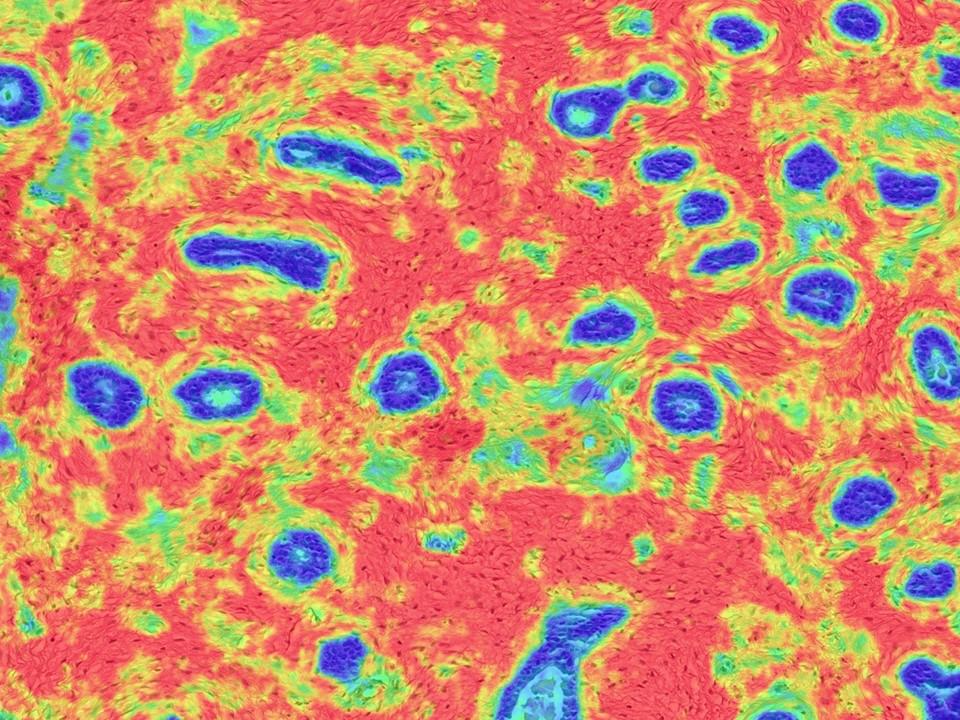
"In women with benign breast disease, having substantial stromal disruption on biopsy was associated with a higher risk of developing aggressive breast cancer and more rapid onset of breast cancer than having minimal or no stromal disruption."
"Such insights could help inform the development of cancer prevention and treatment strategies that target the stromal microenvironment."
A study by NIH researchers found that alterations in breast connective tissue, termed stromal disruption, correlate with heightened breast cancer risk and survival rates. They analyzed thousands of tissue samples to identify patterns linking stromal changes with various risk factors, such as younger age and obesity, common among women developing aggressive breast cancers. Stromal disruption could serve as a cost-effective biomarker for assessing those at risk for aggressive disease, aiding treatment strategies while being viable in low-resource settings.
Read at Cancer
Unable to calculate read time
Collection
[
|
...
]